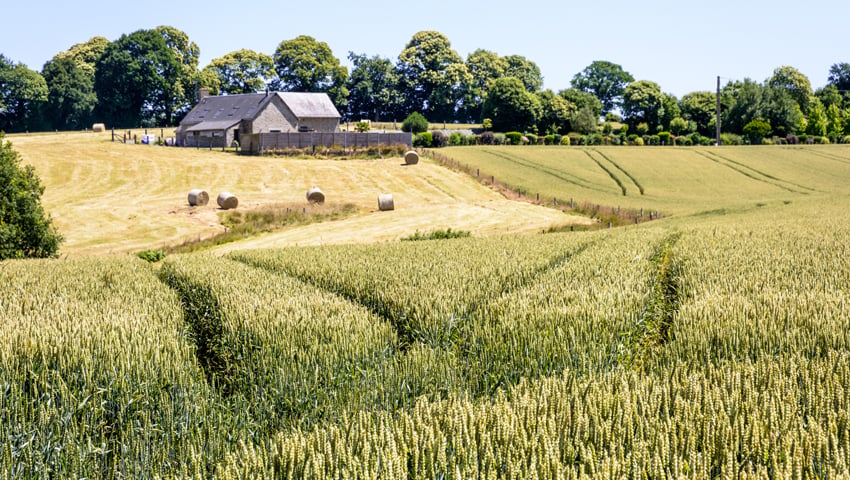Slow Food International has congratulated the newly appointed European Commissioner for Agriculture and Food, Christophe Hansen, and says that it looks forward to collaborating in a constructive way over the course of his mandate.
Marta Messa, Slow Food Secretary General, said, “We welcome Commissioner Hansen’s strong focus on generational renewal and clarity about the need for fair pricing for farmer’s products, as well as his commitment to work with all actors across the food system, from farmers to producers.”
Slow Food has long advocated for a food systems approach that prioritises the interconnected health of farmers, communities, and the planet, and says that it will continue to stress that a food systems approach must materialise in the new mandate. The organisation says that it hopes to see a holistic governance approach that will help to ensure agri-food policy coherence in Europe.
The new commissioner has pledged to build upon the Strategic Dialogue on the Future of EU Agriculture, and Slow Food has invited Commissioner Hansen to draw on its grassroots movement, which brings together farmers, food producers, cooks, schools, activists. All have positive recommendations to promote plant-rich and diverse diets, where animal products are sourced from high animal welfare farms that embrace the One Health approach.
A spokesperson for Slow Food said, “We urge Commissioner Hansen to go beyond quick techno-fixes, but to embrace the innovation and principles offered by agroecology, leveraging the unique wealth of agricultural knowledge, culture and know-how that farmers have across the very diverse European landscape. Agroecology offers a path that values Europe’s unique diversity in agricultural products, landscapes, and food cultures and recipes, and that can define competitiveness by the quality of our food rather than by the pursuit of low-cost, high-volume production.”
Slow Food says that the solutions it advocates are grounded in practical, achievable steps toward sustainability, and demonstrate that agroecological practices are not only viable but essential for resilient food systems. However, these approaches require strong political will to scale and support their implementation effectively. The barrier is not a lack of solutions to address the climate crisis but rather the need for a policy environment that champions and uplifts these sustainable methods.
